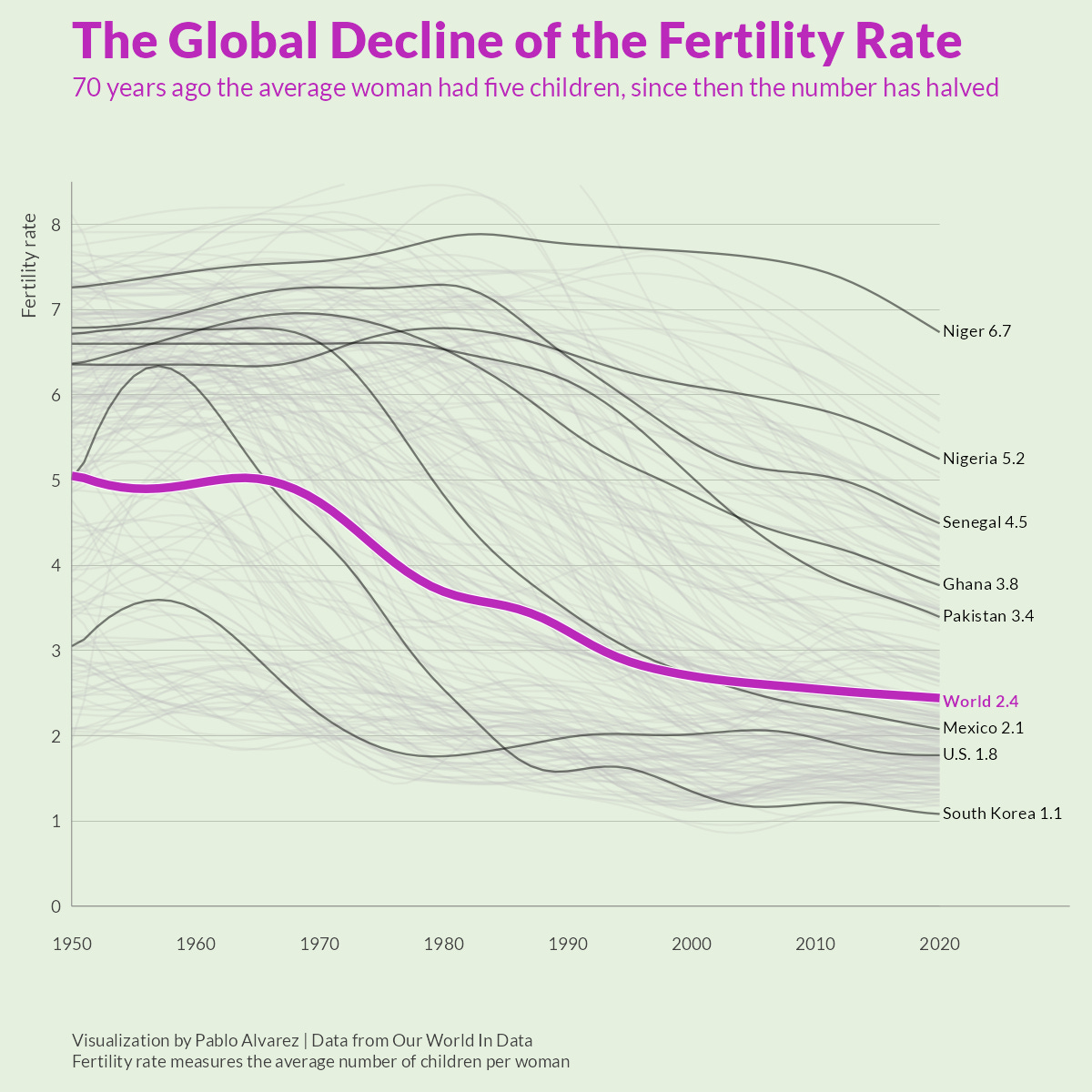But live when you are dead, in little parcels of your selves.
The cornerstone of civilization — the Emperor Augustus delivers his First Speech to the Married Men, tying the glory of Rome to the success of the family.
In the first of his two speeches — to married then to unmarried men — the Emperor Augustus lifts up marriage as the cornerstone of Roman society, survival, and glory. Prior to his reign, Rome suffered generations of civil war with brief periods of reprieve as the old Republic died and finally birthed the new empire under Augustus, heir to Julius Caesar. Augustus claims his place as one of history’s great men through his legacy not just of conquest but of rule and rebuilding.
Augustus himself accurately encapsulates his reign in his famous quote: “I found Rome a city of bricks and left it a city of marble.” The speech below offers significant insight into how he created this city of marble. Even in its martial glory, Rome cannot truly prevail without marital prosperity. Augustus outlines the benefits of marriage first to men marrying, as they gain “a faithful Companion of your life” and a personal legacy through children, then to the city of Rome.
Such can be said for the nations of the modern West without alteration. Rome, like the Western nations of today, enjoyed martial successes and economic plenty, but it was a delicate prosperity. Our modern aversion to marriage, falling birthrates, and their consequences are precisely the situation Augustus shuns — and because of it, Rome thrives. The West today requires such a leader.
The Emperor Augustus his two speeches, in the Senate-House at Rome; the first addressed to the married Romans, the other to the unmarried.
Gentlemen,
I See it, and not without trouble, how small your number; whether I consider the greatness of this City, or this swarm of careless sparks, that would enjoy all the pleasures, but contribute nothing to the security of the place they live in: I heartily thank you that you would withstand this Torrent of Debauchery, I thank you as a publick Governour, I thank you as Augustus, you endeavour to secure my Honour, that posterity may not say the ruin of Rome begun in the days of Augustus. Others take the way to leave our Italy a Desart, void of warlike Hands, and obnoxious to every multitude that shall invade it: To such as you, Rome of old owed her valiant People, and thereby her greatness; to the Marriage-bed we owe those great spirits that put their yoke upon the world, and yet submitted themselves to the yoke of Marriage. These men are dead, and without your example, not only their memory, but the whole Roman name were endangered; men are in this inferior to Spirits, that they must owe to children a vicarious kind of Immortality. Let me turn your eyes from your Fathers, to the Father of us all, the first and most high God; he hath divided humane nature into two Sexes, the Male and Female; he hath hid in our very make and frame a secret sympathy, a natural kindness, nay, a little necessity to joyn, to contribute to the felicity of each others life. He hath strangely blessed these mutual approaches, with a miracle which astonisheth all Philosophy, for mans original shall last a wonder to the worlds end. You (my married friends) have followed the Law of nature, as well as the example of our Predecessors, to whose vertue it is those Young-men ow their titles and their security too. You glory in being their off-spring, may others glory as much in being descended from you; it’s a wise care to leave riches behind you, but a wiser, to leave them to some, whom Rome and you may own for Children.
As for your Ladies, your own experience hath satisfied you, how happy a thing it is, to have a faithful Companion of your life, interested in your Weal or Wo, a mauger of the fruits of your Industry, and with unexpressible affection, a nourisher of the fruits of your body, one that manageth your House to your honour; is pleased when you are merry, attends on you with tenderness in your sickness, in prosperity doubles your happiness by sharing in it, and in adversity takes half of the burden, in youth pleases you, and in old age assists you. Is it not beyond expression, sweet to behold your children, those pledges of your mutual love, those little Models of your selves, the Epitomes of your souls and bodies, in whom when you are decaying, you flourish and grow young again. What satisfaction is it, when you leave the world, that not a stranger, but a part of your selves enjoy your substance; that you lose not life (as in a battel) all in a lump, but live when you are dead, in little parcels of your selves.
My Friends, I speak at ease to you, as Roman Citizens, by whom the welfare of their Country was never thought a matter fit for Drolery: What Roman of old would not have lost life, much more have crossed his vicious inclinations, for the benefit of Rome? And is it not convenient, nay absolutely necessary, to Marry, if such a name as the Roman must not be extinguished, if there must be any such thing as Roman Armies and Commanders, that Rome abound in Inhabitants, to improve the Land, and serve at Sea, to follow Trades, practise Manufactures, and when Wars come, to fight, and fight with greater resolution, because they have Wives and Children? You therefore, O men, (for you only the Roman Emperor owns by that name) you therefore, O fathers (for you only deserve to wear that title) you I love and honour, and shall place all the marks of my favour upon you; I am sure it’s best the riches of Rome should be in your hands, that have young Romans to bestow them on; you have given pledges to your Country of your fidelity, and your concern for her felicity.






We need to tell the women this, not the men